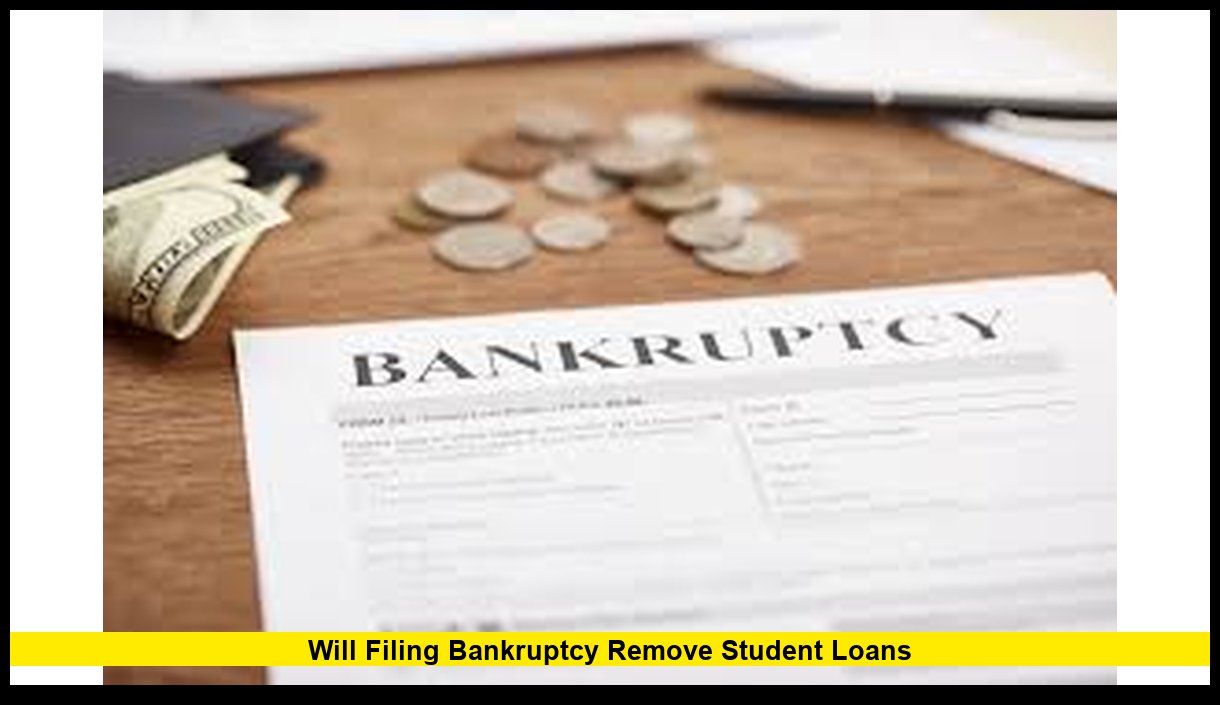Will Filing Bankruptcy Remove Student Loans? The Current U.S. Reality in 2025
Will filing bankruptcy remove student loans is one of the most searched financial questions in the United States right now, as millions of borrowers face repayment pressure in 2025. With federal student loan collections active and household debt rising, many Americans want a clear, factual answer about whether bankruptcy can actually eliminate student loan debt … Read more




